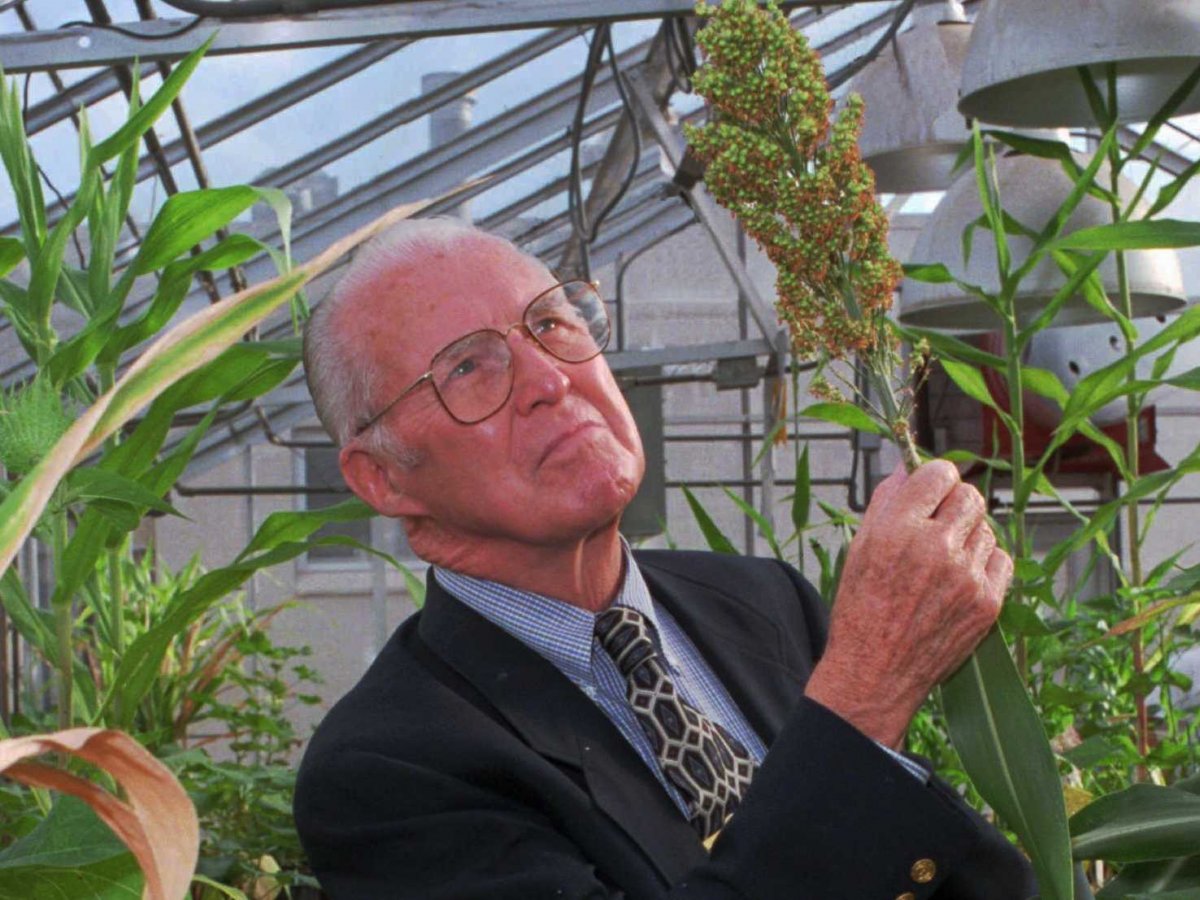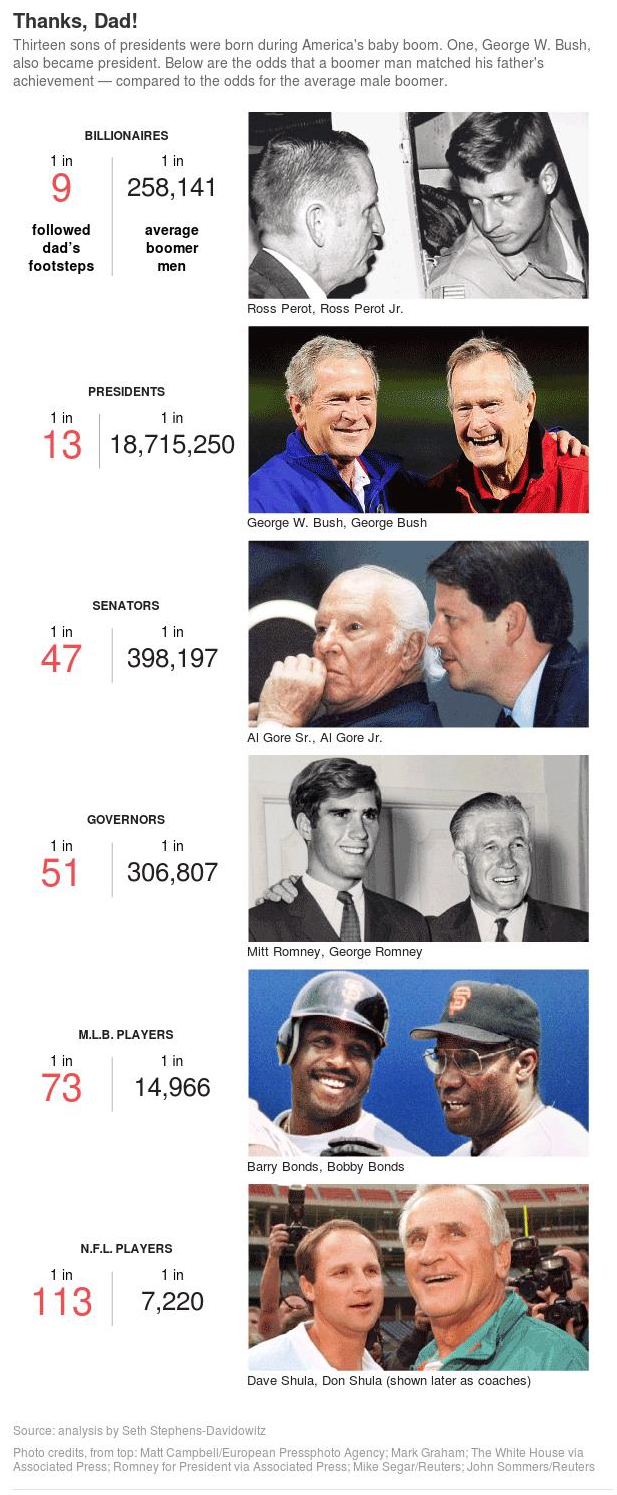Review of program performance May 2015
Summary
In this report, which is part of our annual review, we review how our programs performed over the last year (ending April 2015).
The key metric we use to measure the performance of our programs is “significant plan changes”. A significant plan change is when someone tells us that they probably changed the career path they were going to follow because of us.
This year, the number of plan changes caused by our online guide rose from about 1.3 per month at the start of 2014 to about 6.5 per month – 400% growth. The rate of newsletter sign ups per month through the website – our key engagement metric – also grew 1600%.
Due to a shift in focus, we coached about a third as many people in 2014 as we had in 2013, and spent less time per person. As a result, significant plan changes caused by coaching declined from 21 in 2013 to 3 in 2014. They picked up again in early 2015 as we increased time spent coaching.
In total to date, we’ve now recorded 188 significant plan changes, up from 107 at the time of our last evaluation in April 2014. We estimate we’re adding about 10 per month at the margin (6.5 from guide, 2 from other (mainly community) and the remainder from coaching), up from 2 per month near the start of 2014.
The average cost per plan change has been decreasing,


 Wealth inequality globally is incredibly high. Perversely, this can be an argument in favour of working in finance.
Wealth inequality globally is incredibly high. Perversely, this can be an argument in favour of working in finance.



 When I was an undergraduate I came to fully understand the depth of the world’s problems: tens of billions of animals were suffering in factory farms, humanity faced the risk of catastrophic nuclear war, billions continue to live in horrendous poverty, and that was just the start. I wanted to solve these problems, but when I tried to take concrete steps I mostly felt powerless and frustrated.
When I was an undergraduate I came to fully understand the depth of the world’s problems: tens of billions of animals were suffering in factory farms, humanity faced the risk of catastrophic nuclear war, billions continue to live in horrendous poverty, and that was just the start. I wanted to solve these problems, but when I tried to take concrete steps I mostly felt powerless and frustrated. Pooja Chandrashekar is a good demonstration that sometimes the best way to show people you can achieve amazing things is just to achieve amazing things. (Photo by J. Lawler Duggan/For The Washington Post)
Pooja Chandrashekar is a good demonstration that sometimes the best way to show people you can achieve amazing things is just to achieve amazing things. (Photo by J. Lawler Duggan/For The Washington Post)


 Would Angelina Jolie have been as successful if her father wasn’t Jon Voight?
Would Angelina Jolie have been as successful if her father wasn’t Jon Voight?
